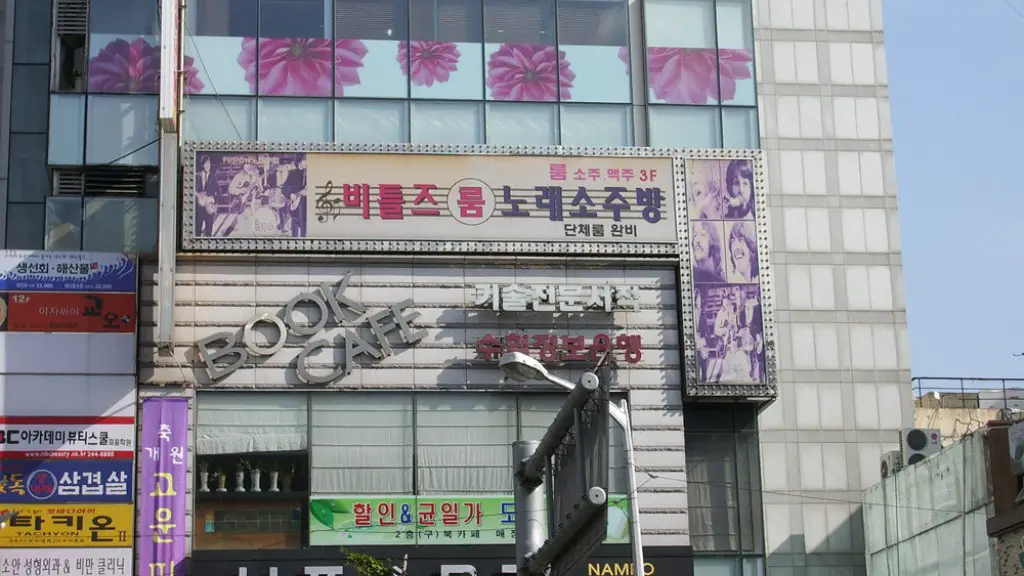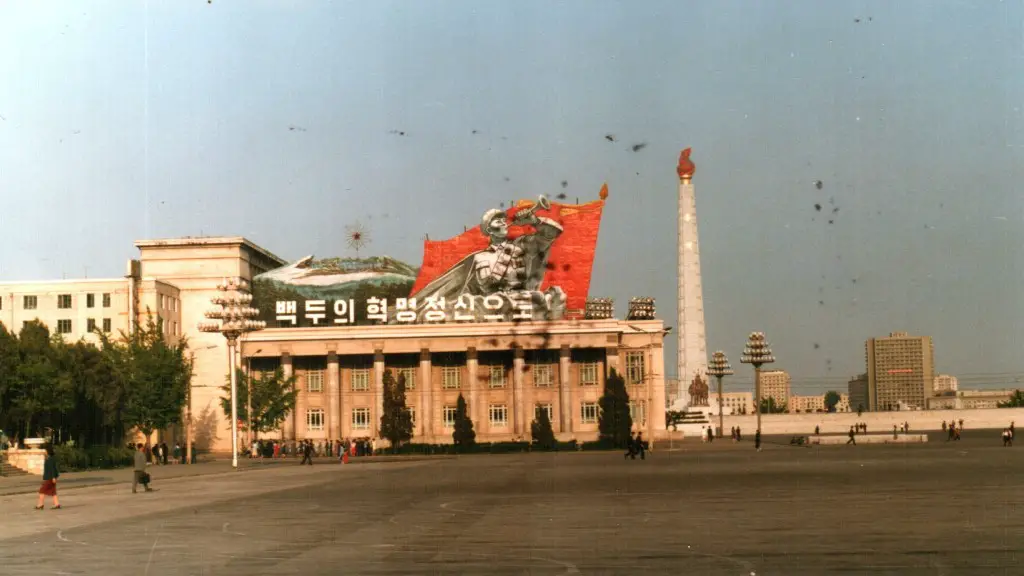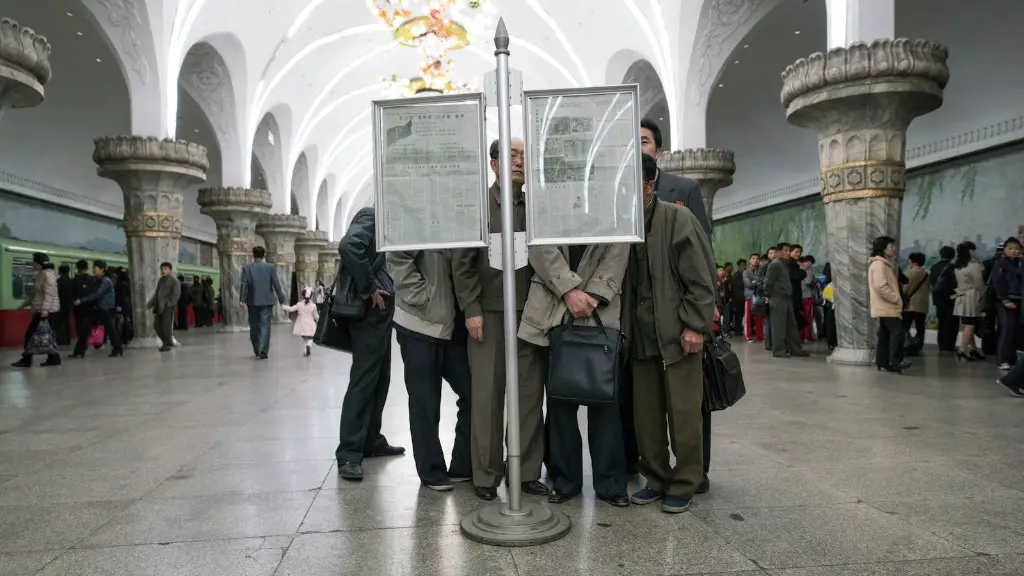What We Need To Know About North Korea
North Korea, officially known as the Democratic People’s Republic of Korea (DPRK), is one of the most closed and heavily guarded countries in the world. It is a one-party state led by the Worker’s Party of Korea and ruled by the Supreme Leader Kim Jong-Un. In the nearly 70 years since the Korean War ended in an armistice and not a formal peace treaty, North Korea has undergone profound changes and faced numerous challenges, including international sanctions and an ever-present threat of nuclear war. This article will explore what we need to know about North Korea and will cover its history, politics, economy, and people, as well as its potential for peaceful reunification with South Korea.
History
The Korean peninsula was first divided in 1945, when Korea was under Japanese colonial rule. The Soviet Union established the North Korean state in 1948 and the Korean War began in 1950 with an invasion of the South by the North. The war resulted in a stalemate that continues today. After the armistice in 1953, North Korea experienced a period of isolationism and quickly industrialized under the rule of leader Kim Il-sung. The economy had highs and lows, but until the 1990s, North Korea remained largely economically self-sufficient. In the 1990s, however, the country experienced a severe economic crisis, resulting in widespread famine and the death of millions of North Koreans.
Politics
The North Korean government is a one-party state that is dominated by the ruling Workers’ Party of Korea. It is a highly repressive regime that seeks to control all aspects of public life, including media and access to the outside world. Critics have accused North Korea of numerous human rights violations and have raised concerns about widespread poverty and the lack of basic freedoms. The country has long been at odds with the United States and much of the international community, resulting in increasing sanctions and international isolation.
Economy
The North Korean economy is based heavily on aid from China and other countries, as well as money sent from North Koreans abroad. Despite international sanctions, the economy has seen some growth in recent years, and the government has promoted new economic policies in an effort to reduce poverty and improve the lives of citizens. However, much of the country remains impoverished and the economy is not on a path to self-sufficiency.
People
Most North Koreans are ethnic Koreans and the majority practice a mix of Buddhism and Confucianism. The state has a culture of propagandistic art and music, and it seeks to control as much information as possible. Despite this, North Koreans have found ways to access outside media, including television and the internet, although these outlets are heavily censored. North Koreans also face significant restrictions on their freedom of movement, with many living their entire lives in the country.
Potential for Unification
The possibility of a peaceful reunification between North and South Korea is a long-standing goal of the Korean people, although it has been complicated by the presence of nuclear weapons in the North. Many international observers have pointed to the possibility of a diplomatic solution that would be mutually beneficial for both sides, but negotiations have so far been unsuccessful. North Korea has emphasized a potential reunification under a unified socialist government, while South Korea has insisted on a system based on the liberal democratic values of the South.
Western Political Engagement
The United States and many of its allies have been highly critical of North Korea’s nuclear weapons program and human rights abuses, leading to increased economic and diplomatic pressure. North Korea has also been the focus of negotiations in the United Nations, with multiple resolutions aimed at curbing its nuclear ambitions. However, there have recently been increasing efforts at dialogue and attempts to resolve tensions, including direct meetings between U.S. President Donald Trump and North Korean leader Kim Jong-Un.
China’s Role in North Korea
China is North Korea’s most important ally and economic partner. It has long been a source of economic aid and diplomatic support for the North Korean government and has taken a lead role in negotiations with the United States and other countries in an effort to resolve tensions. China has recently taken a more active role in trying to move the Korean peninsula towards peace and stability, although critics have raised concerns about its influence in the region.
Regional Security Concerns
The presence of nuclear weapons in North Korea has been a major source of security concern in the region and beyond. North Korea has conducted multiple nuclear tests and maintained stockpiles, raising fears of further instability in the region. In addition, North Korea’s missile programs have caused alarm in South Korea, Japan, and the United States. Despite recent progress in negotiations, many international observers remain concerned about the potential for a nuclear conflict that would have devastating consequences.
International Aid
North Korea is dependent on foreign assistance for food, medicine, and other essential supplies. The international community has provided millions of tonnes of food, with countries such as the United States, China, and South Korea leading the way. In recent years, there has also been increased attention on the possibility of providing humanitarian aid to North Korea, with some experts suggesting that such aid could be used as a diplomatic tool for engaging the North Korean government.
The Future of North Korea
Despite its ominous international reputation, North Korea is a country of tremendous potential. Its people are resilient and resourceful, and they continue to strive for a better future. In recent years, there have been small steps towards greater openness, but the government remains highly repressive and the path to peace and stability remains uncertain. It is clear that more needs to be done to ensure the security and human rights of North Koreans, but it is also possible that such progress can be achieved with time and effort.


